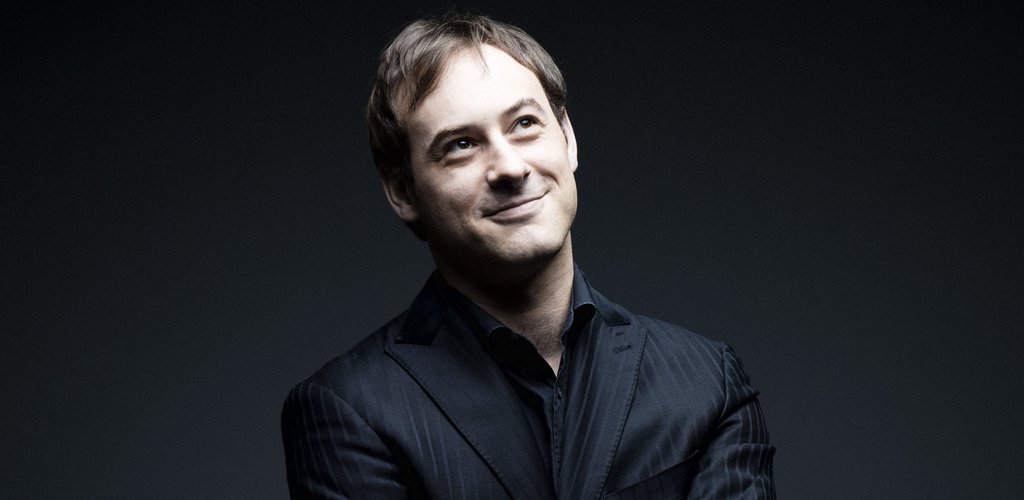You are a well-known guest in Hungary, in this season you have two concerts with the Budapest Festival Orchestra. It seems you like to join these musicians and lead them in playing Baroque music. What is so attractive in this group?
Jonathan Cohen: I always enjoy very much to work with the BFO. The musicians have a great desire to go deep into the music. They have a great capacity for enquiry and they are in their hearts great chamber musicians. My belief is that most baroque and classical music, even large scale, comes from an aesthetic of chamber music and I find the BFO have this great sense of large scale chamber music playing.
You prefer the harpsichord to all instruments. Why?
J.C.: I like to lead baroque concerts from the harpsichord. Historically the role of a "silent conductor" is a quasi 19th century development in leadership technique and I find for me a great rapport with musicians when we play together. From the vantage point of the harpsichord it is possible with this instrument to influence articulation, rhythm and many nuances by the nature of the plucked sound.
For your first concert with BFO at the Bridging Europe festival on 28 September you chose some especially humorous composers with Spanish connections. How did you decide?
J.C.: I'm looking forward to our Spanish themed concert. Telemann's programmatic suite richly describes the foolish and mad adventures of Cervantes' Don Quixote. And many of the Naples composers here were at that time part of the Spanish kingdom. I love the very theatrical and expressive music of Scarlatti and Durante whose "madness" symphony is quite avant garde and bizarre. It is also rare to hear a Boccherini symphony and I'm looking forward to investigating this great music, much of it not regularly programmed or heard in the modern concert hall.
The concert you are leading on the 26th and 27th of February 2018 with the BFO is based on – apart from Handel – the Italian soul, Italian lifestyle and feelings. What does it mean to you?
J.C.: In our concert next year we will hear as the main feature this incredible Handel cantata "silete venti" with the great Malin Christenssen singing soprano. Handel the master dramatist starts this piece with a dazzling orchestral prelude depicting a tempest and violent winds which is silenced on the soprano instruction "silete venti". One of the great legacies of the baroque is the invention and experimentation with the concerto form which started life as the concerto grosso as perfected and developed by Corelli. In this concert we will hear some of the great and unusual concerti grossi. Both Avison and Wassanaeur write in very distinctive and creative styles which I hope will be interesting to hear for the audience. More well known will be the concerto of Albinoni and the concerto grosso of Handel.
More information and ticket sales for 28 September.
More information and ticket sales for the February concerts.
